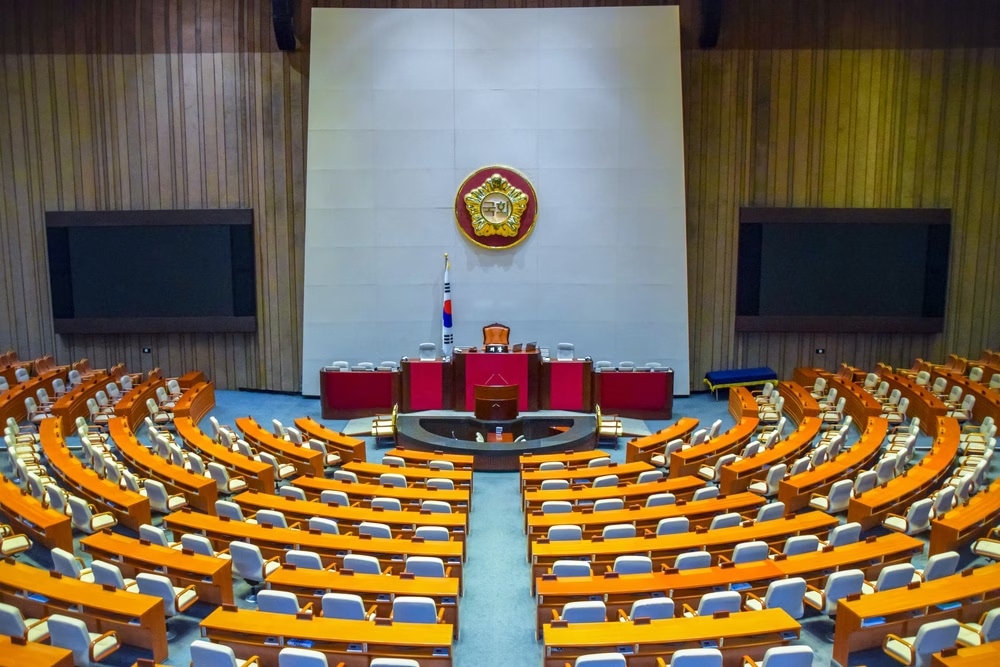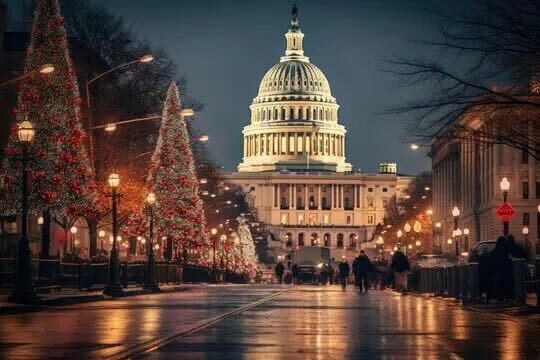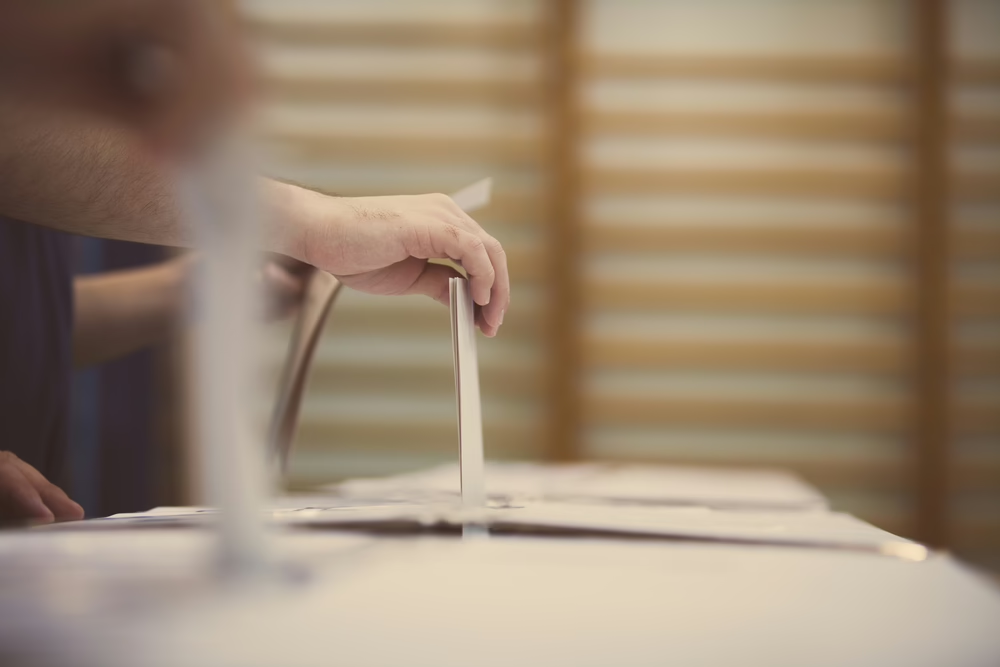Operation Warp Speed: The Quest for a Coronavirus Cure
As American coronavirus deaths pass 190,000 and 13.6 million Americans struggle to find employment in a devastating recession, the federal government and private companies have been racing to develop coronavirus vaccines. Under Operation Warp Speed (OWS), conceived in late April, the government has poured more than $10 billion into funding for at least eight potential vaccines. This money allows companies to mass-produce hundreds of millions of doses in advance, even if their vaccines don’t end up being used. Thus, as soon as a candidate is approved, the government can distribute that vaccine immediately.
Several of the candidates are already in or will soon begin Phase III clinical testing, including trials of at least 30,000 people. Multiple branches of the federal government have been mobilized under OWS, with the FDA preparing to exercise Emergency Use Authorizations (EUA) to expedite the approval process.
Although OWS aims to distribute 300 million vaccines by January 2021, the project has been surrounded by controversy. Most Americans believe that the process will ultimately be tainted by politics, a concern shared by many scientists throughout the country.
1. Is there reason to believe that OWS will be politicized?
Almost as soon as OWS began, the President started pushing to release a vaccine before the election, explicitly tying a quick turnaround to his re-election chances. His administration reportedly alerted state governments to prepare for a vaccine on November 1, two days before the general election. Trump campaign officials privately call an October vaccine their “holy grail.” And alarmingly, OWS’s initial meetings in the spring focused on an October 2020 target date, implicitly orienting their project toward the election.
Scientists have expressed skepticism at the President’s optimistic timeline. Dr. Paul Offit, a member of the FDA’s vaccine advisory committee, shared that many agency officials fear the Trump administration will push a premature, unverified vaccine for the sake of political expediency: “There are a lot of people on the inside of this process who are very nervous…. They are really worried… And they should be.”
In response to such concerns, the CEOs of nine major pharmaceutical companies developing COVID-19 vaccines released a joint statement on Tuesday, affirming their commitment to act “in accordance with high ethical standards and sound scientific principles.” For his part, Moncef Slaoui, director of OWS, has threatened to resign if politically pressured by the President. Although there is reason to remain concerned about a premature vaccine release, this demonstration by private and public officials suggests OWS’s unity behind the scientific process.
2. How has the US interacted with the world in producing a vaccine?
After trying, in May, to buy exclusive rights to a coronavirus vaccine being developed by a German company, the Trump administration has refused to work with the rest of the world to jointly develop a drug. Later that month, the administration withdrew the United States from its involvement within the World Health Organization (WHO), hindering international health cooperation during a global pandemic. In September, the Trump administration announced it would not join in a 170-country effort to find a coronavirus cure because the WHO was involved, preferring to work alone. Between politics infecting American medical decision-making and the administration’s withdrawal from global leadership, the US is walking a controversial path alone in the quest to fight COVID.
___
The World Continues to Ignore China’s Mass Detention of Uighurs
Since 2017, the Chinese Communist Party (CCP) has been interning members of China’s ethnic minorities — mostly Uighur Muslims — in concentration camps. The camps are in Xinjiang, an autonomous area in Northwest China where most of the Uighur Muslims live.
The Washington Post recently reported that “New evidence of China’s concentration camps shows its hardening resolve to wipe out the Uighurs.” To date, over 1 million Uighurs have been placed in over 1,000 concentration camps in Xinjiang. Videos have surfaced of hundreds of Uighurs blindfolded, bald and being led onto boxcar trains. And recently, U.S. Customs and Border Protection intercepted 13 tons of human hair — suspected of being taken directly off of the heads of Uighurs only to then be sold around the world.
Since the world learned of these camps more information about them has slowly started leaking out of China. With the stated goal of eradicating “the virus in [the Uighurs] thinking,” China’s concentration camps focus heavily on pro-Communist, anti-religious propaganda. One woman who escaped a Chinese concentration camp said that “Those who didn’t learn Chinese properly or who didn’t sing the songs were also punished.” According to extensive reporting, these punishments include routine torture, rape, murder, forced sterilization and forced abortion.
When faced with questions about the internment of Uighurs in China, the CCP has, at times, defended their actions and, at times, denied that the concentration camps even exist.
1. What has the international response been?
The free world has done almost nothing of consequence to stand up for the Uighurs.
Earlier this year, President Trump said that the reason the US has not taken action is because it could interfere with trade talks with Beijing. At the 2019 G7 Summit, President Trump even called Chinese President Xi Jinping a “brilliant leader” who is also a “great man.” For his part, President Trump’s election opponent, former Vice President Joe Biden, has also downplayed the malevolence of China, refusing to lend credence to the idea that they are a serious threat to the United States.
And the United States is not alone with its inaction. While Germany has demanded China allow the UN access to the camps, the UK has described the reports coming out of Xinjiang as “gross and egregious” and France said that they wanted access for “international independent observers in [Xinjiang],” each country has stopped short of any real action in response to the ongoing internment, torture, and murder of the Uighurs.
Suffice it to say, mere condemnation is not nearly enough to stop a genocide.
2. Why has China become more aggressive?
China entered the 21st century as an economic power to rival the United States. This influence has opened the door for China to pursue more belligerent aims internationally.
Whether it be the crackdown on democracy in Hong Kong, quests for territorial expansion in the South China Sea, efforts to gain influence through the Belt and Road initiative, or the theft of American intellectual property China has used its economic power to bully the world into acquiescence and submission.
In the 1990’s, many experts believed that the West would use its economic & cultural institutions to spread democracy peacefully around the world. Unfortunately, now it’s beginning to look like the opposite might be true. Far from exporting democracy, we appear to be importing authoritarianism as private companies, like the NBA and Disney, and entire western nations cater to authoritarian regimes in order to ensure access to lucrative markets. We’re left to wonder, what, if anything, could China do to trigger an appropriate and forceful response to their transgressions?
Notable Americans Step Up to Get Out the Vote
As the 2020 Election approaches, a growing number of celebrities and political leaders are using their platforms to encourage civic participation.
At 10 p.m. EST on Mon., September 14, ABC will air a non-partisan special to encourage voting titled “VOMO: Vote or Miss Out.” The program will present details on how to vote and will highlight procedural changes caused by the pandemic. In addition to a large number of celebrity guests, the program will feature appearances from bipartisan political figures, including Michelle Obama, Ann Romney (the wife of Republican Sen. Mitt Romney), Maryland Gov. Larry Hogan (R), former California Gov. Arnold Schwarzenegger (R), and Cindy McCain (the widow of former Republican Sen. John McCain).
Other organizations and A-listers plan to use their resources to spearhead voter registration drives. Global Citizen and voter registration organization Head Count will launch the Just Vote campaign, partnering with pop stars Taylor Swift and Billie Eilish, in an attempt to register 50,000 young people. Rock the Vote reports that its #DemocracySummer2020 campaign has already led to the registration of 300,000 new voters.
Additional efforts have been aimed at removing barriers to voting on Election Day. After historic protests against police brutality, NBA owners have committed to converting at least 15 stadiums into voting sites. Last week, Arnold Schwarzenegger also appeared to offer to personally fund the reopening of polling places that have closed due to budget shortfalls. Six hundred companies, including Apple, Walmart, Starbucks, and Coca-Cola, have also vowed to give employees registration information and/or time off to vote.
What can ordinary Americans do to step up?
If you are comfortable with the potential risks, the most important step you can take is to volunteer as a poll worker. On election day, poll workers help set up and close voting sites, explain instructions to voters, and monitor voting equipment. (Click here and scroll to your state to see if you are eligible. If so, you can use the drop-down menu on this page to find an application form.)
It is critical that young, healthy individuals volunteer because the pandemic has led to a shortage of poll workers. As a result, states have been forced to close in-person vote centers, leaving the few remaining sites at risk of being overwhelmed.
Another way to help is by hosting a voter registration drive. (Click here to receive an event toolkit from Rock the Vote. Finally, make sure your registration is up to date, and if you plan to vote by mail, request a ballot as soon as possible to ease pressures on officials as registration deadlines approach. A hub of registration tools can be found here.)
It doesn’t matter who’s on your ballot. By voting and helping others vote, you honor and protect our most sacred democratic right.






